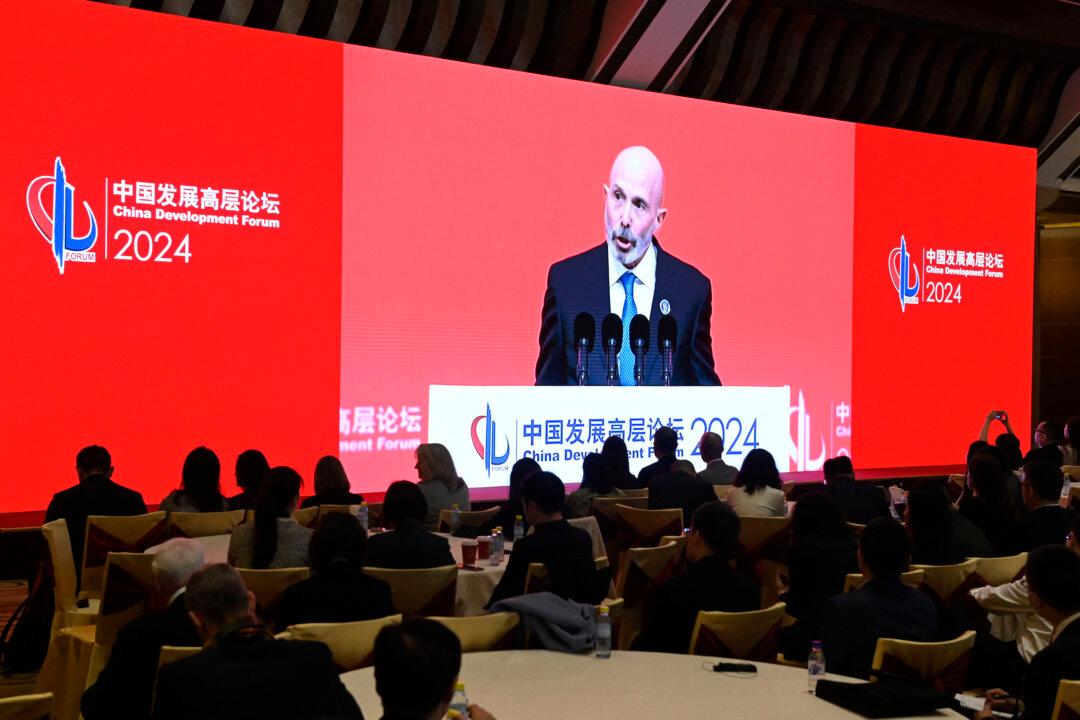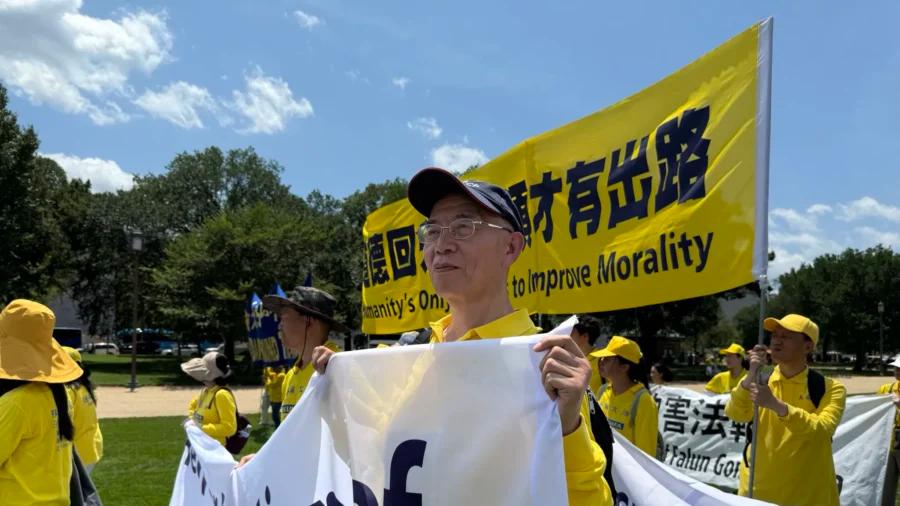Chinese state media has issued a strong critique of a popular poker-style game and accused officials of using it to forge political connections and seek personal gain, which could facilitate corruption.
The homegrown game of Guandan, which means “throwing eggs,” is played with two decks of cards by four players divided into two teams. The team that plays the last card before their opponent wins.





